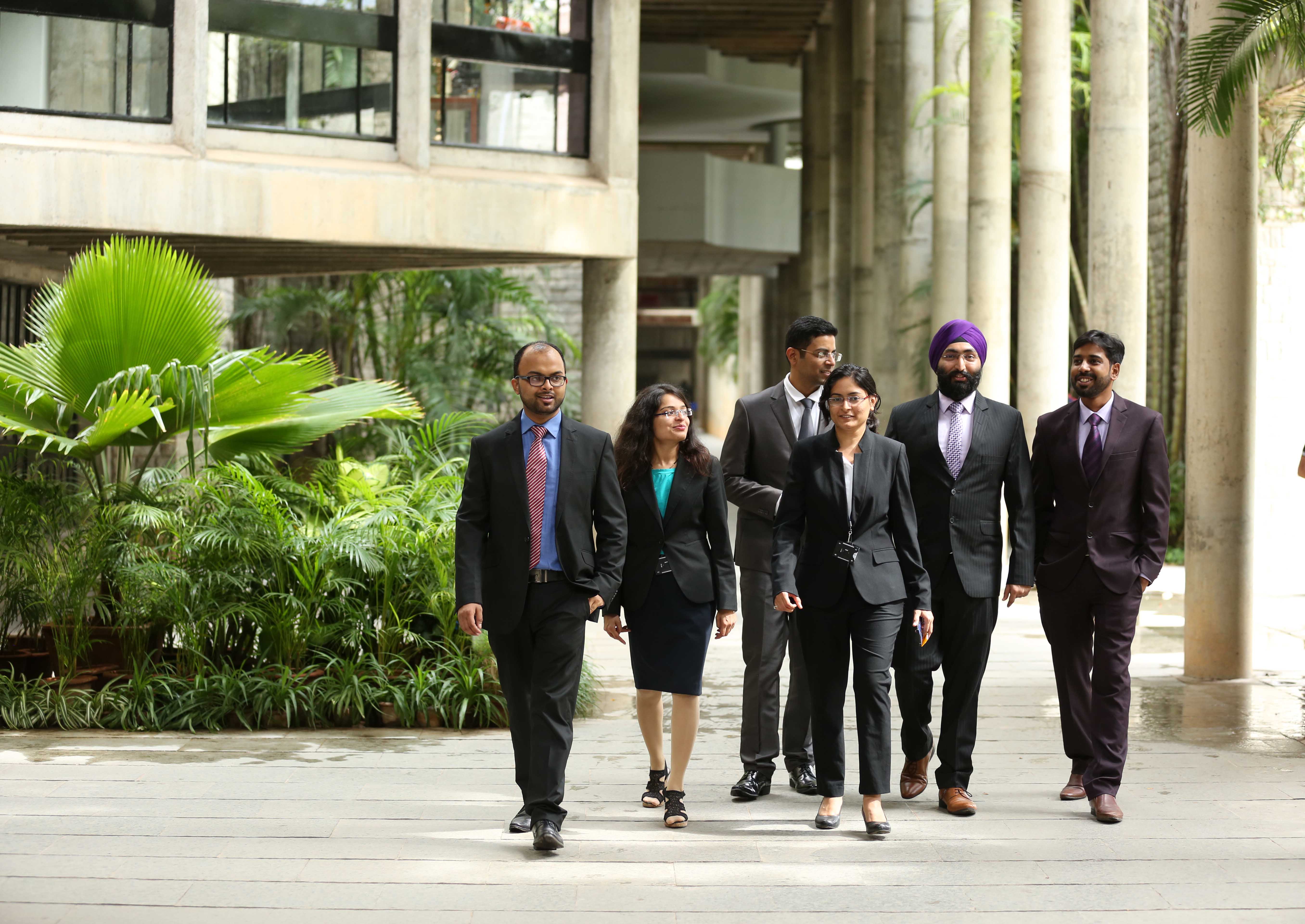| Venue/Deadlines | Program Dates | Program Fees |
|---|---|---|
|
Venue : IIMB Campus Early Bird Discount Date : 14 Oct, 2024
|
Start Date : 04 Nov, 2024 End Date : 06 Nov, 2024 |
Residential Fee(excluding GST) : Rs. 1,14,000 |
Programme Overview
Artificial Intelligence(AI) has become a decisive technology for the growth of every organization. Sophistication in AI is expected to be the main differentiator between high-performing companies and low-performing companies. The use of AI and its components such as statistical, machine and deep learning are expected to increase the stakeholder value and customer experience and satisfaction. The algorithmic aspects of AI are available readily through many sources; however, many companies still struggle with adapting AI to the organization. For example, companies struggle to find answers to the following questions :
•What constitutes an AI company?
•What should be the strategy for building an AI initiative within an organization?
• How to build an AI team?
• What problems can be solved using AI?
• Understate Generative AI and Its Applications.
Content
Introduction to Artificial Intelligence (AI), Machine Learning (ML), Statistical Learning (SL) and Deep Learning (DL):
Intuitive understanding of AI; Relationship between AI, ML, SL and DL; Converting a business problem into an analytics problem, analytics problem solving framework; Use cases of AI across different functional areas and different industries; Business process automation using AI.
Machine Learning: Supervised, Unsupervised and Reinforcement Learning Algorithms.
AI/ML Model Development: Feature Extraction; Feature Engineering; Feature Selection; Model Selection and Model Deployment.
Introduction to Descriptive, Predictive and Prescriptive Analytics:
Objectives of Descriptive Analytics: Storey telling using Data; Predictive Analytics Models: Regression, and Logistic Regression; Prescriptive Analytics: Linear Programming and Multi-Criteria Decision Making.
Cases:
Package Pricing at Mission Hospital
Improving Sales Conversion at Eureka Forbes Using Machine Learning Algorithms.
Setting up an AI team:
Choosing the right team; roles and responsibilities; Organizational Structure: Centralized and Distributed Models; Key skill set; fresh hire vs internal training.
Analytics Technology Landscape:
Choosing the right tools and platforms for development and deployment of AI based solutions.
Data Governance:
Data Governance Framework; Data Privacy, Security, Quality and Responsibility; General Data Protection Regulation (GDPR);
AI Deployment:
AI in sales and marketing: opportunity and sales conversion; channel optimization; customer lifetime value; AI in Operations: supply chain analytics; AI in Retail: Assortment planning, brand switching, promotion effectiveness; AI in Banking and Finance: Credit Rating
Program Objective
This short-duration program is aimed at the managers who are currently leading and are likely to lead AI initiatives in the organization. The course covers the aspects such as Organizational journey of AI transformation, data governance, data preparation for analytic model building and descriptive, predictive and prescriptive analytics. The objectives of the program are as follows:
Understand how to create strategy for building AI initiative within the organization with special focus on the following:
Pedagogy
The program will be driven by use cases from across different domains. The focus will be on strategic issues of AI with limited focus on hands-on experience.
Key Benefits/Takeaways
The program would result in the following benefits:
Who Should Attend
The program is designed for leaders with at least 10 years of experience who are either working in the field of AI or planning to set up AI team

Top-notch faculty, contemporary content, a great learning environment, and application orientation make the IIMB Exec Ed programmes world-class.